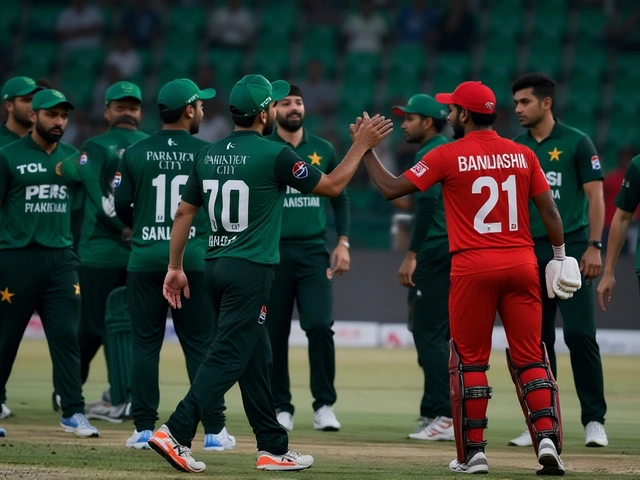September 5 Holiday Explained: Milad-un-Nabi and the RBI Bank Holiday Shift
There was a lot of buzz around early September 2025. Some people thought the whole country would shut down for four days. The reality? Not quite. Let’s break down what actually happened, why the confusion started, and what it means for you.
What the government announced
On a routine gazette notification, the Centre listed September 5 as a holiday to mark Milad-un-Nabi, the birthday of Prophet Muhammad. This is a religious observance that several states already celebrate, so the move wasn’t a surprise for them.
However, the notice didn’t automatically close banks or financial markets. It was a public holiday for government offices and schools, not a blanket banking holiday.
RBI’s separate decision
At around the same time, the Reserve Bank of India (RBI) decided to shift the bank holiday from September 5 to the following Monday, September 8. The RBI’s goal was to create a long weekend that aligns with the market’s settlement cycle, avoiding any disruption to clearing and settlement processes.
Because the RBI controls the settlement calendar, its decision overrides the general gazette notice when it comes to banking operations. So, while the government recognized Milad-un-Nabi on the 5th, the banks stayed open.
What actually happened on the ground
On September 5, most banks across India were open. A handful of states, like Kerala and Karnataka, followed local notifications and kept branches closed for the religious observance. If you live in those states, you likely noticed the usual morning queue was missing.
For traders, investors, and anyone dealing with inter‑bank transactions, the important date was September 8. The RBI declared it a non‑settlement day, meaning no clearing of trades would occur that day. Markets opened as usual, but settlement was paused until the next business day.
Why the mix‑up mattered
Many people mixed up the two announcements because they both used the word “holiday.” The result? A flurry of social media posts claiming a four‑day shutdown, which caused unnecessary panic among small business owners and freelancers who rely on daily cash flow.
Understanding the distinction between a gazetted public holiday and a banking holiday can save you a lot of hassle. Public holidays affect schools, government offices, and some private firms. Banking holidays affect cash withdrawals, cheque clearances, and online fund transfers that depend on the RBI’s settlement schedule.
What you should do next time
Whenever you hear about a new holiday, check two sources: the official gazette for public holidays and the RBI’s notice for banking days. A quick glance at the RBI’s website or a trusted news portal will tell you if banks are closed.
If you need to move money around the holiday period, plan ahead. Transfer funds a day or two early, or use digital wallets that aren’t tied to the settlement cycle.
Bottom line: September 5, 2025 was a Milad-un-Nabi public holiday, but banks stayed open. The RBI moved the banking break to September 8, creating a single non‑settlement day. Knowing the difference keeps you from getting caught off guard.
September 5 Holiday Explained: Centre Confirms Milad-un-Nabi; RBI Moves Bank Holiday to Sept 8
No, India is not shutting down for four days in early September 2025. The Centre listed Sept 5 as a gazetted holiday for Milad-un-Nabi, but the RBI shifted the bank holiday to Monday, Sept 8. Banks stayed open on Sept 5 nationally, though a few states followed local notifications. Markets will observe Sept 8 as a non-settlement day.
About
India News
Latest Posts


Do indian couple have sex after 50?
By Arvind Chatterjee Jul 19, 2023

September 5 Holiday Explained: Centre Confirms Milad-un-Nabi; RBI Moves Bank Holiday to Sept 8
By Arvind Chatterjee Sep 5, 2025

Cooper Connolly's Meteoric Rise: From U‑19 Captain to Test Star in Two Years
By Arvind Chatterjee Oct 24, 2025

